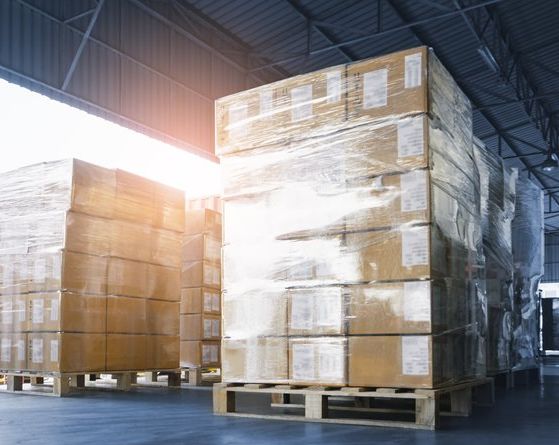Drug & Alcohol Testing Requirements for Commercial Truck Drivers
Learn about DOT & FMCSA drug and alcohol testing for commercial truck drivers. Understand testing types and requirements. Stay sober, drive safe!
Driving a commercial truck is a demanding job that requires alertness, focus, and sound judgment. Given the significant risks associated with operating large vehicles, the U.S. Department of Transportation (DOT) and Federal Motor Carrier Safety Administration (FMCSA) mandate strict regulations to ensure that commercial truck drivers remain sober and drug-free while on the road. One of the most important requirements is drug and alcohol testing.
What is drug and alcohol testing?
Drug and alcohol testing is a systematic and standardized process that determines whether a driver is under the influence of drugs or alcohol. The testing is done through a variety of methods, such as urine tests, breath tests, and blood tests. The tests detect the presence of controlled substances or alcohol in the driver's system.
Who is required to undergo drug and alcohol testing?
All commercial truck drivers who operate vehicles that weigh over 26,001 pounds, transport hazardous materials, or carry more than 16 passengers are required to undergo drug and alcohol testing. This includes drivers who operate within the U.S. and those who drive across the border into Canada or Mexico.
What is the DOT Drug & Alcohol Clearinghouse?
The DOT drug clearinghouse is a secure online database that contains information about commercial driver's license and learner's permit holders' drug and alcohol program violations. It was established to help employers and enforcement personnel ensure that drivers who have violated drug and alcohol regulations are not driving commercial vehicles.
What are the different types of tests?
There are several types of drug and alcohol tests that commercial truck drivers may be required to undergo:
- Pre-employment drug testing: This test is performed before a driver is hired and ensures that the individual is drug-free before operating a commercial vehicle.
- Random drug testing: Random testing is conducted on a periodic basis and is designed to catch drivers who may be using drugs or alcohol on the job.
- Post-accident drug and alcohol testing: This test is done after an accident to determine if drugs or alcohol played a role in the incident.
- Reasonable suspicion drug and alcohol testing: If a supervisor or manager suspects that a driver is under the influence of drugs or alcohol, they can require the individual to undergo testing.
- Return-to-duty drug and alcohol testing: This test is required for drivers who have tested positive for drugs or alcohol and are returning to work after completing a substance abuse treatment program.
What happens if a driver tests positive?
If a driver tests positive for drugs or alcohol, they may be immediately removed from their job and required to undergo a substance abuse evaluation. The driver may also be required to complete a substance abuse treatment program before returning to work. Additionally, the driver's commercial driver's license (CDL) may be suspended or revoked.
Conclusion
Drug and alcohol testing is a critical component of ensuring the safety of commercial truck drivers and other motorists on the road. By mandating regular testing and imposing strict penalties for violations, the DOT and FMCSA are helping to prevent accidents caused by drug and alcohol use. Commercial truck drivers must understand the requirements for testing and take their responsibility to remain sober and drug-free seriously to maintain their livelihood and safeguard the precious lives of others on the road.
TLI Insights
Get the latest logistics insights and tips from Translogistics’ award-winning team. Stay ahead in transportation planning.
Questions? Email us at marketing@tli.email



